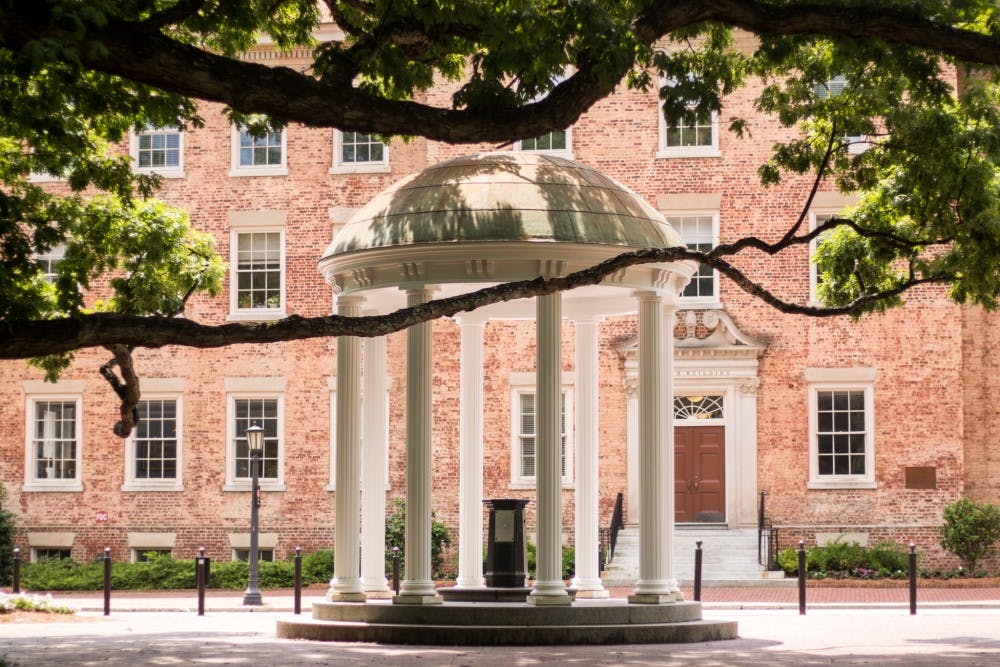Two UNC professors were featured on an episode of "The Institute Podcast," a series by The Institute for the Arts and Humanities at UNC, where they discussed how humans and populations will react to the effects of climate change.
The professors featured on the episode were Caela O’Connell, a professor from the Department of Anthropology and the Environment, Ecology and Energy Program, and English professor Michael Gutierrez. The podcast episode was hosted by IAH Program Administrator Philip Hollingsworth.
On the episode, O’Connell, Gutierrez and Hollingsworth discussed human responses to climate change and natural disasters, specifically in relation to O'Connell's anthropological studies and Gutierrez's current novel project.
While completing her dissertation, O’Connell studied fair trade, sustainability and banana farming in the Caribbean island of St. Lucia when she was caught in a hurricane that came without warning.
“It was a very impactful experience, and it was very scary,” O’Connell said. “I never realized how loud hurricanes were until then.”
O’Connell spent the next 20 months documenting what happened to farmers in St. Lucia and how they recovered from the disaster. Although it was devastating, O’Connell said in the podcast that various environmental and economic processes that lacked visibility prior to the disaster were brought to the surface because of the hurricane.
“For example, farmers were farming fair trade, which brings in a high premium,” O’Connell said on the episode. “But they were still so close to the margins that they had no cash accumulating to help them rebuild after the hurricane, so it wasn’t particularly sustainable.”
Gutierrez is currently writing a novel about a city destroyed by climate change, focusing on a family trying to figure out how to survive in their altered world. In the episode, Gutierrez said he wants his readers to imagine something that they find difficult to imagine, such as a national water crisis or the abandonment of large urban cities.
The conversation of the episode then shifted to a general discussion about the threat of climate change, particularly coastal cities.



